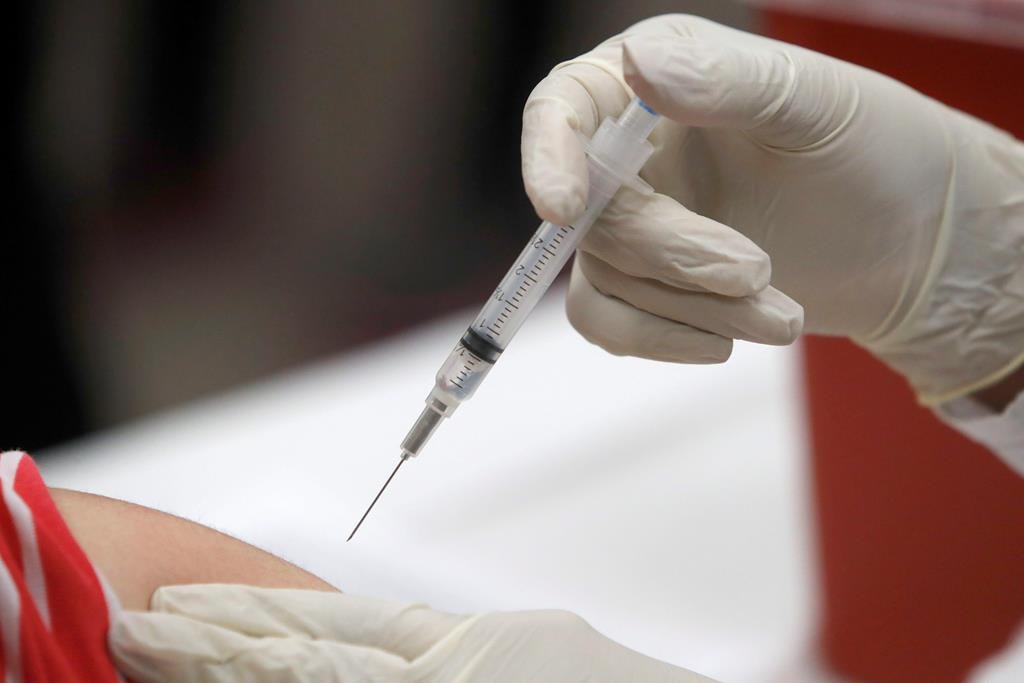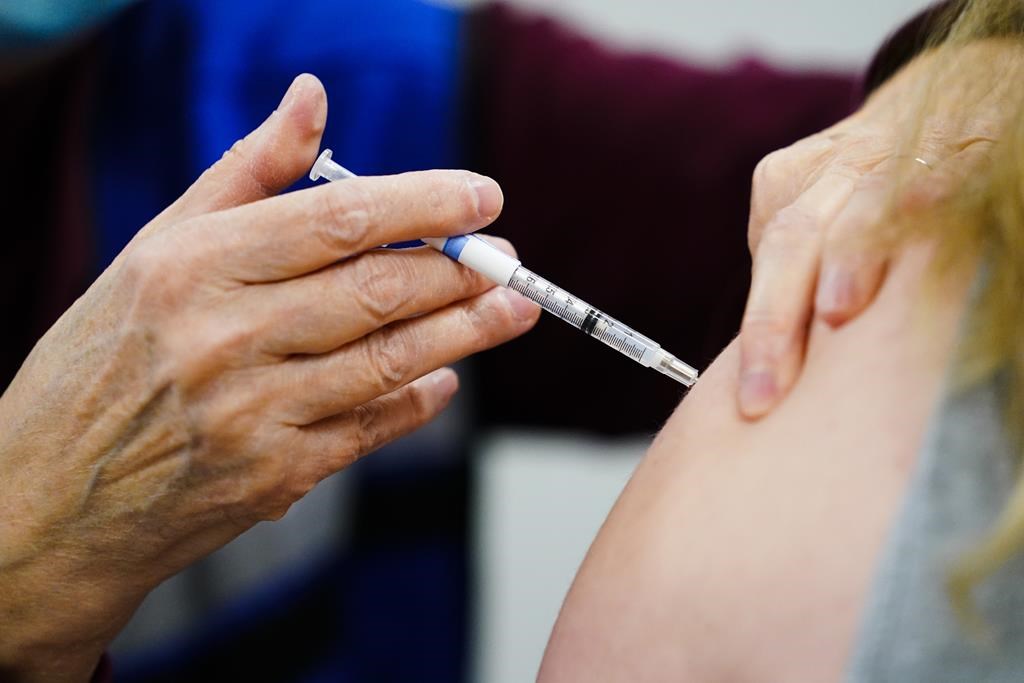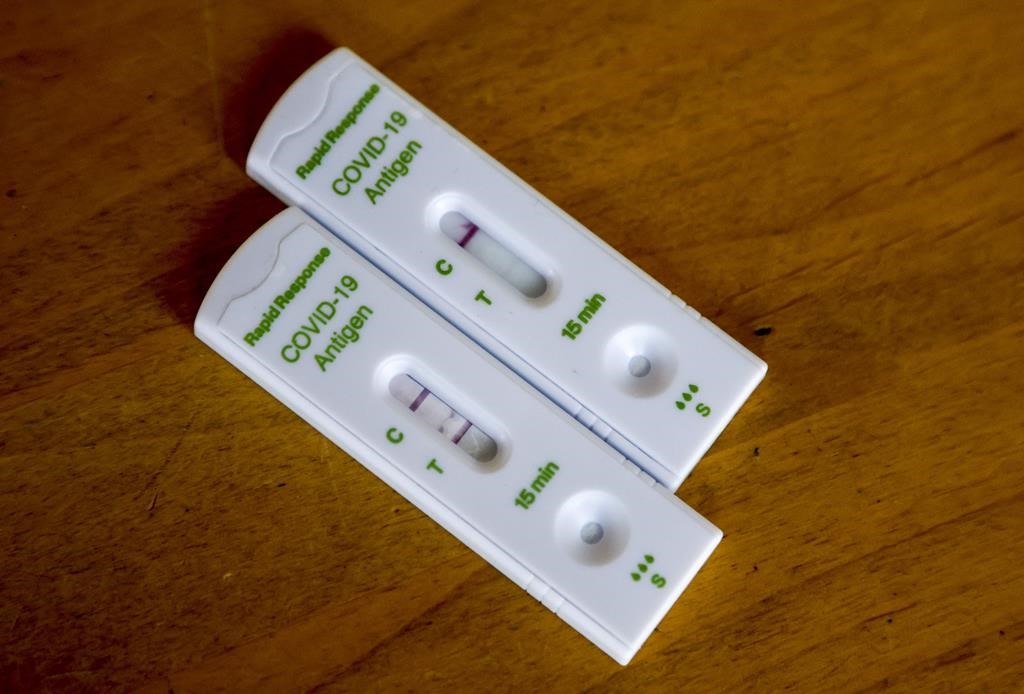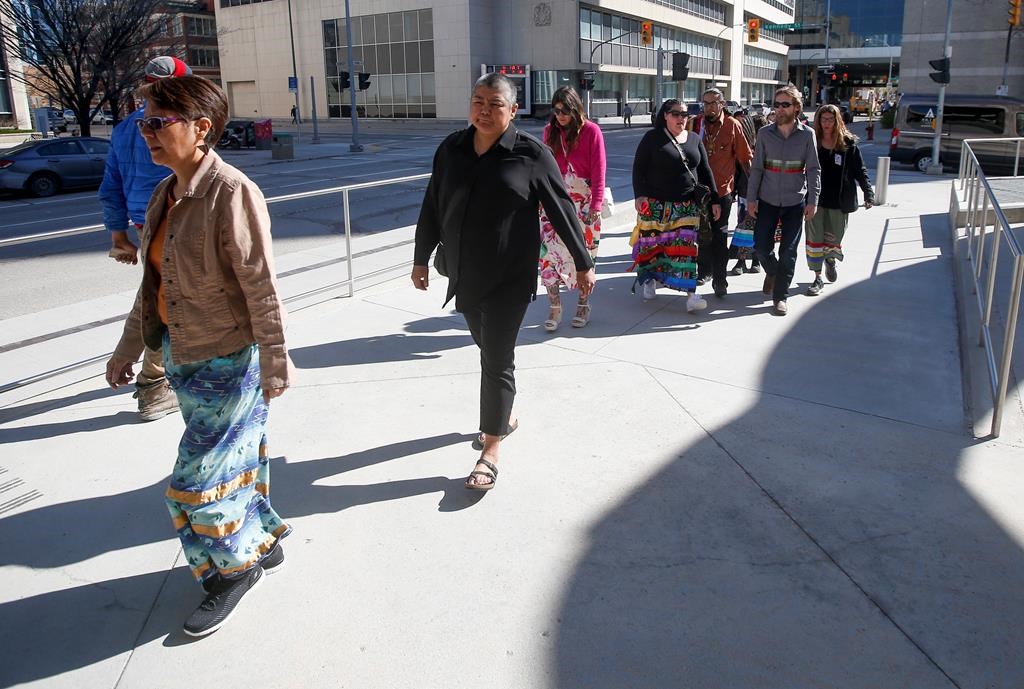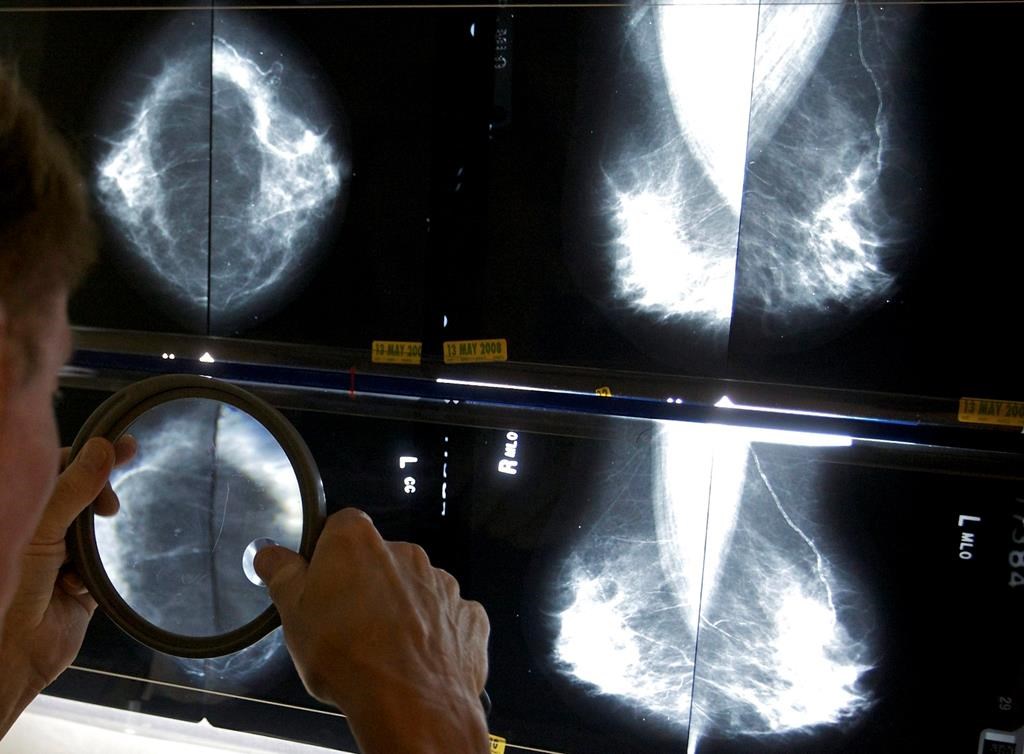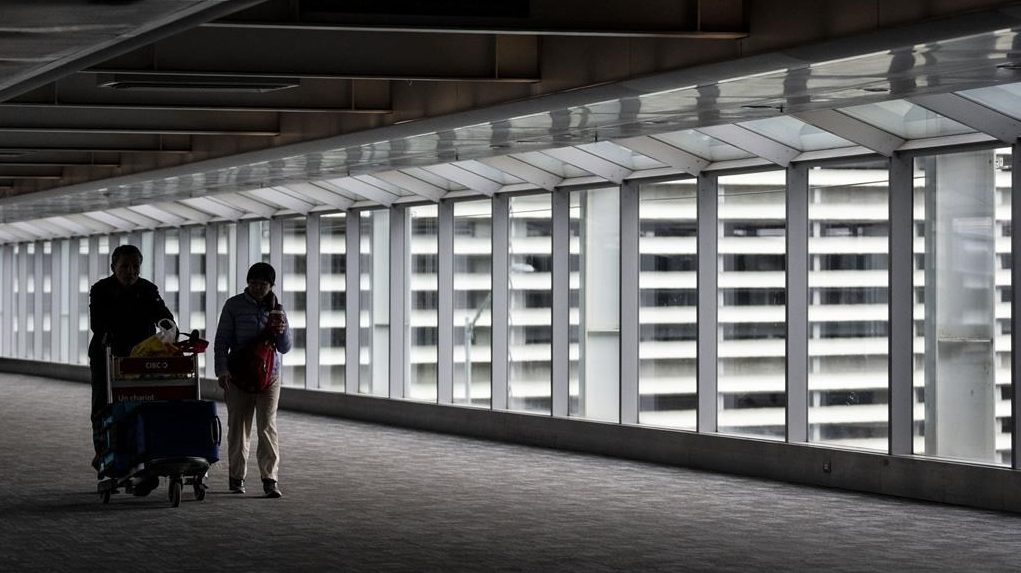Manitoba’s top doctor urging everyone to take steps to stay healthy as COVID, flu numbers rise
Posted November 30, 2023 4:53 pm.
Last Updated November 30, 2023 10:39 pm.
With COVID-19 and seasonal flu numbers continuing to rise across the province, Manitoba’s top doctor is urging all residents to take the necessary steps to stay healthy this holiday season, as vaccination rates remain alarmingly low.
“We’ve seen a significant drop in the uptick of the new COIVD vaccine at this point about 15 per cent of the eligible population has received the updated COVID vaccine,” said Dr. Brent Roussin, Chief Provincial Health Officer.
The age groups of 0 to 4 and 5 to 17 remain amongst the lowest rates of vaccination with 6.8 and 6.1 per cent respectively, and those at the Children’s hospital are already seeing the effects.
“Over the last several days we have seen a significant increase in patient volumes to about 160 visits per day, compared to approximately 130 visits per day that we were seeing earlier in the month,” explained Dr. Karen Gripp, the Medical Director of the Children’s Emergency Department at HSC Winnipeg.
RELATED:
To help boost immunizations, the province is doing away with the six-month wait between jabs, now recommending a minimum of three months.
But Thomas Linner of the Manitoba Health Coalition says the province needs to be more proactive in removing barriers to vaccinations, siting Ontario as an example, which has waved the charge for the RSV vaccine. Something the previous government opted not to do in September.
“Especially for our most vulnerable citizens, I think that needs to be reconsidered. If we want the people to take the vaccines that are available to them, we need to reduce the barriers to access, and the cost is a major barrier to many folks when it comes to their health,” said Linner.
A sentiment shared by Cynthia Carr, who says all measures should be taken not just to protect those most vulnerable but those in the healthcare industry as well, who are still recovering from the pandemic.
“Our health care staff are still trying to recover, in terms of having enough staff to meet ongoing needs like critical care, emerg departments, surgeries, so the more we can stay out of their hair and stay home and stay healthy the better off the system will be,” said Carr.
